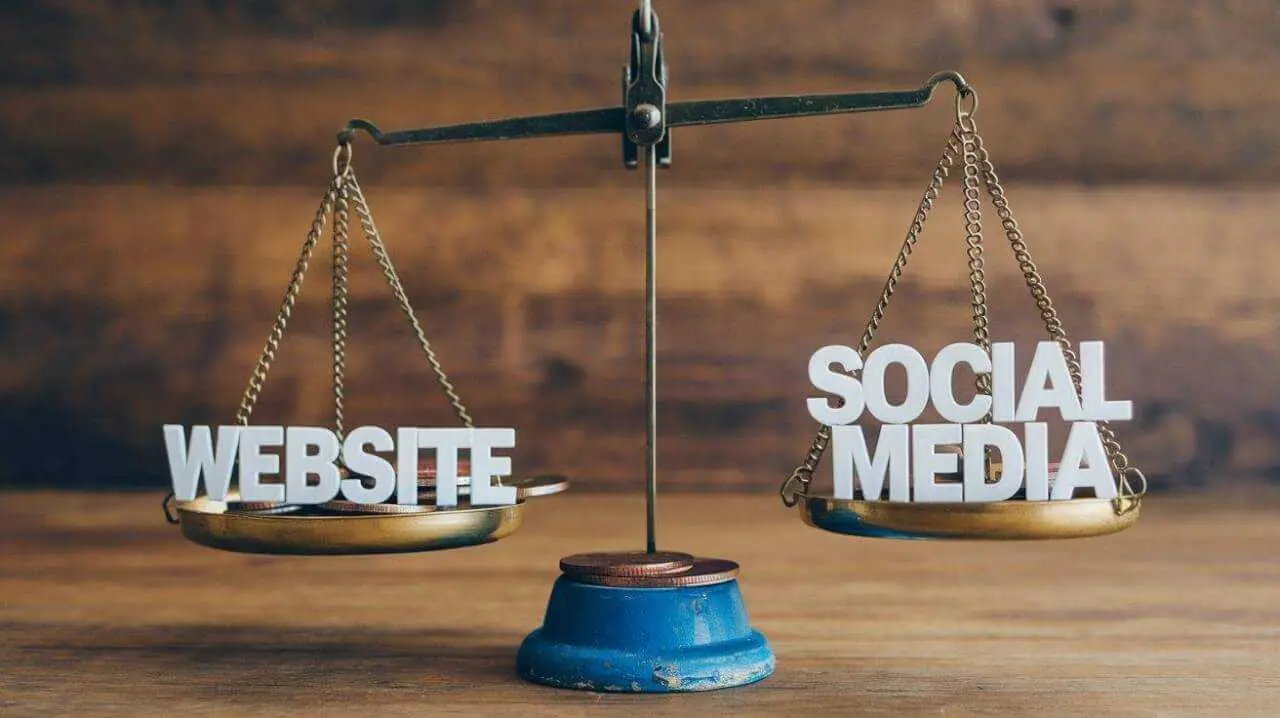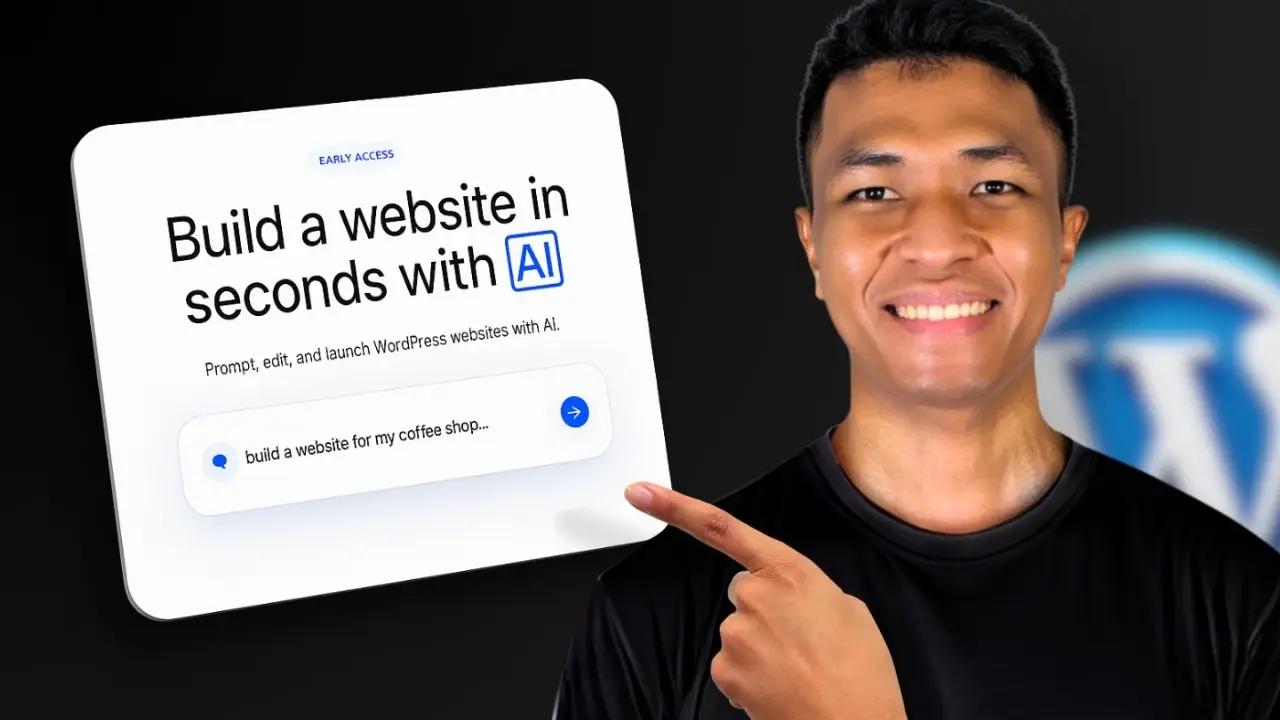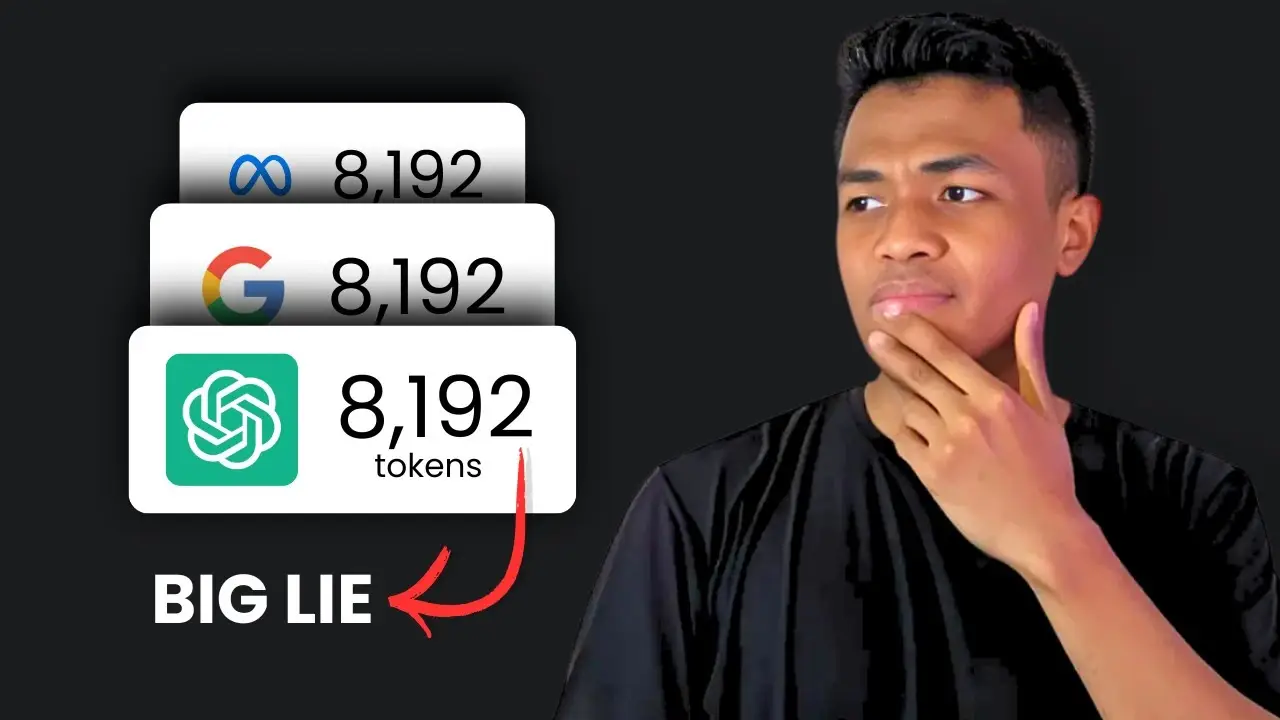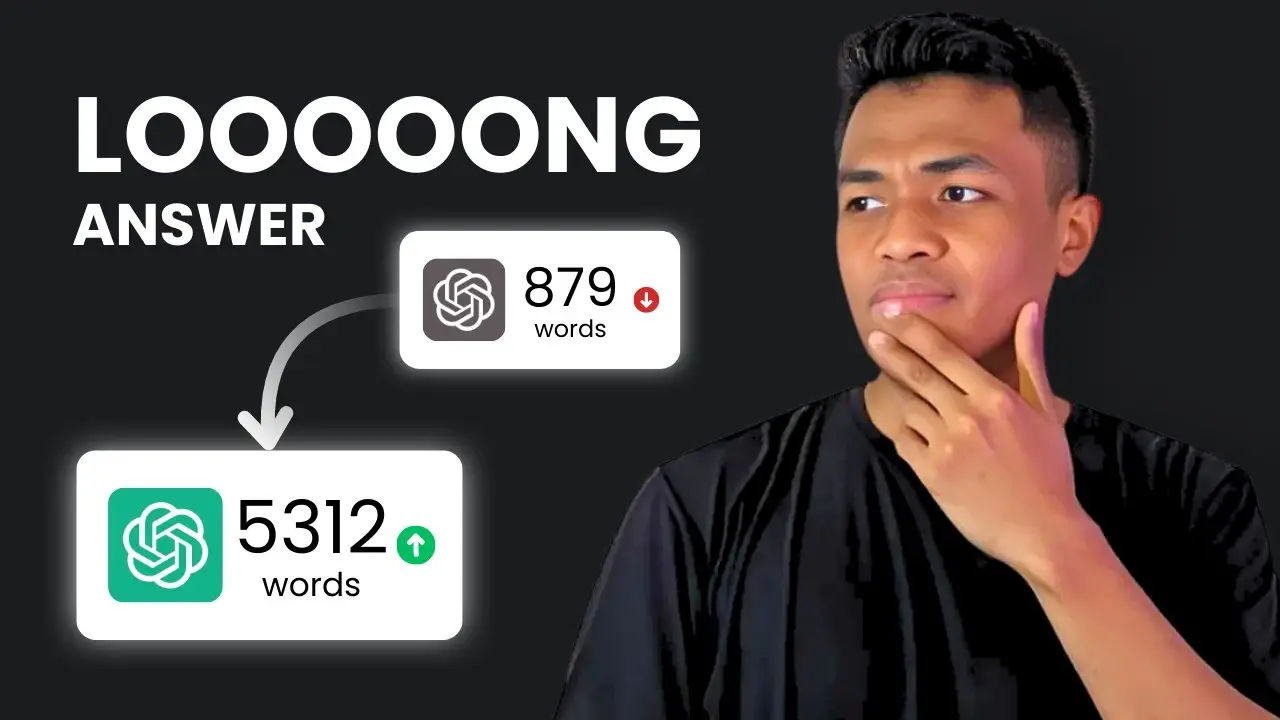Key takeaways:
- Running a business without a website is possible but limits growth potential
- A website enhances credibility, visibility, and customer engagement
- Alternative online platforms can supplement but not fully replace a dedicated website
Ever wondered if you really need a website for your business? Maybe you’re just starting out and trying to keep costs low. Or perhaps you’re doing fine with social media and word-of-mouth referrals.
I’ve wrestled with this question too.
Let’s dive into the pros and cons of going website-free and explore some alternatives.
Is a Website Really Necessary in 2024?
The short answer? It depends.
But for most businesses, having a website is incredibly valuable.
Think of it as your 24/7 digital storefront and information hub.

It’s where potential customers can learn about your products or services anytime.
And it gives you full control over your brand’s online presence.
That said, some businesses can get by without one, at least initially.
Let’s look at both sides of the coin.
When You Might Not Need a Website (Yet)

There are a few scenarios where you can potentially hold off on creating a website:
- You’re just testing a business idea
- You only serve a small, local customer base
- Your industry relies heavily on in-person interactions
- You’re fully booked and not looking to expand
For example, a home-based baker who only sells to friends and neighbors might not need a website right away.
Or a consultant with a full client roster from personal connections.
In these cases, social media and word-of-mouth might suffice for now.
But keep in mind, this limits your growth potential.
The Drawbacks of Not Having a Website
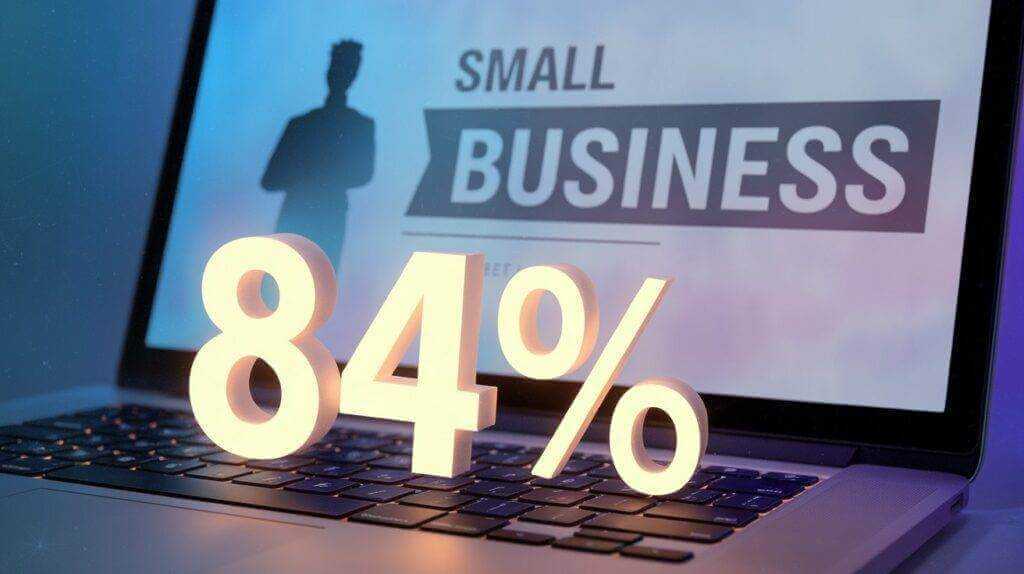
While you can run a business without a website, you’ll face some significant challenges:
- Limited visibility: You’re missing out on potential customers searching online for your products or services.
- Reduced credibility: Many consumers expect legitimate businesses to have a website.
- Fewer leads: Without a website, you lose a key channel for attracting and nurturing leads.
- Less control: Relying solely on third-party platforms means you don’t fully own your online presence.
- Missed opportunities: A website opens doors for e-commerce, content marketing, and other growth strategies.
Alternatives to a Traditional Website
Not ready for a full-fledged website? Here are some alternatives to consider:
- Social media profiles: Platforms like Facebook, Instagram, and LinkedIn can serve as mini-websites.
- Google Business Profile: This free tool lets you appear in local search results and Google Maps.
- Online directories: List your business on relevant industry or local directories.
- Marketplaces: Platforms like Etsy or Fiverr can work for certain types of businesses.
These options can be good starting points.
But they have limitations compared to owning your website.
Website is (Always) Worth the Investment
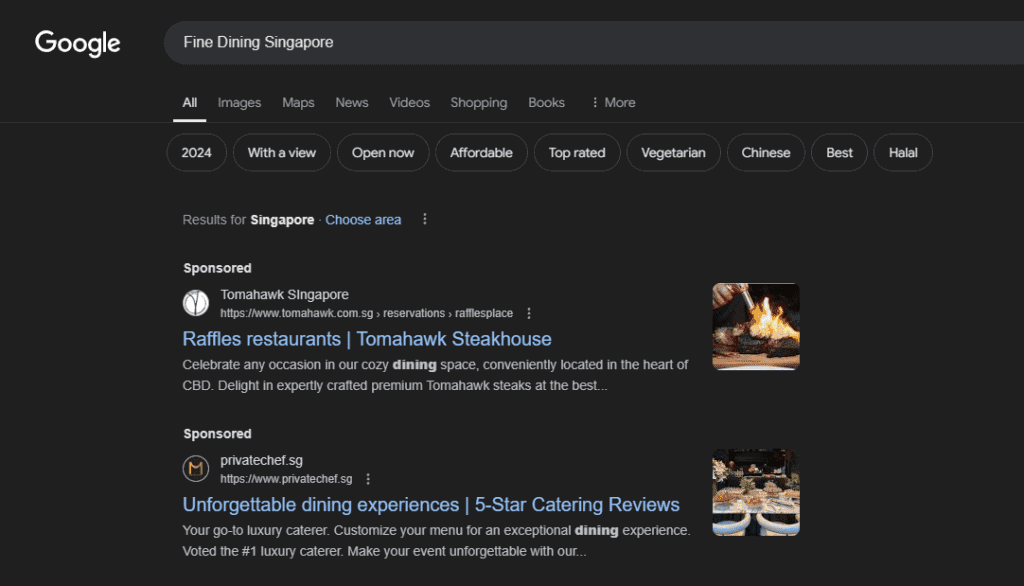
Here’s why I always recommend businesses create their own website:
- Complete control: You decide how to present your brand and what features to include.
- Professional image: A well-designed website instantly boosts your credibility.
- Better SEO: Own your search engine presence instead of relying on third-party platforms.
- Customer insights: Gather valuable data about your audience and their behavior.
- Scalability: A website grows with your business, unlike most alternative platforms.
- Marketing hub: Use your website as the central point for all your marketing efforts.
Remember, a website doesn’t have to be complicated or expensive.
Start simple and expand as your business grows.
How to Get Started (Without Breaking the Bank)
Worried about the cost and complexity of building a website? Here are some budget-friendly options:
- WordPress: This popular platform offers free and low-cost options. It’s what I use for most of my clients.
- Website builders: Tools like Wix or Squarespace make it easy to create a basic site.
- Single-page sites: Start with a simple landing page using a tool like Carrd.
- DIY approach: Learn the basics and build it yourself using free resources.
The key is to start somewhere, even if it’s not perfect.
You can always improve and expand later.
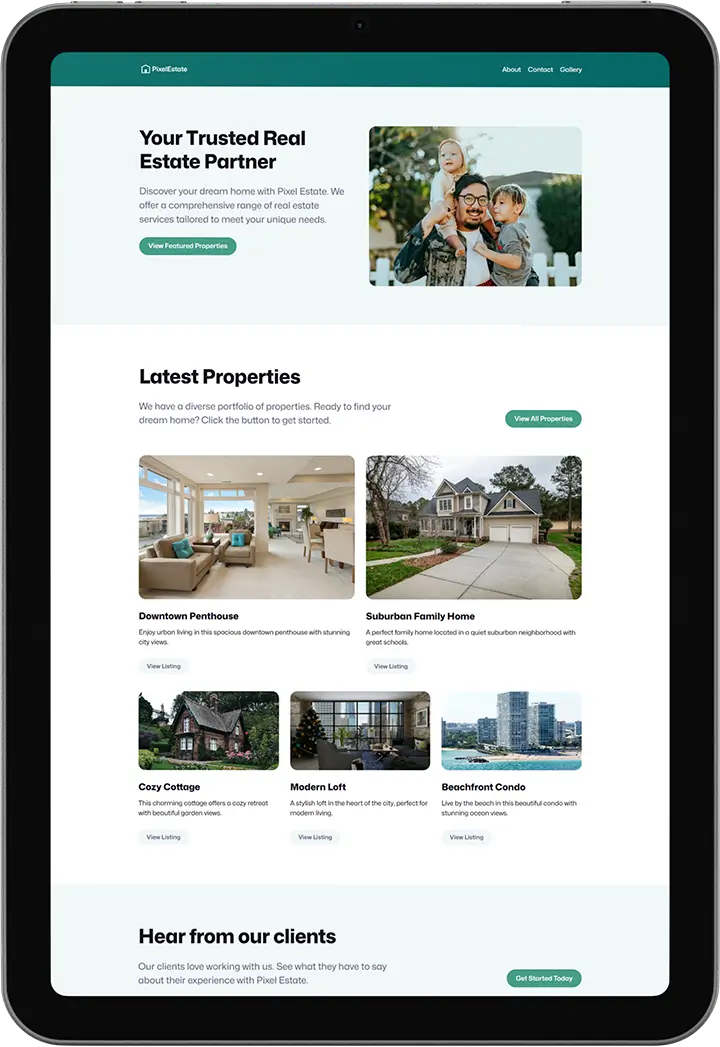
Need a Website?
I will build a professional website for $10K $100
From design to SEO, I will build a beautiful website for you. Check my portfolio or claim this limited discount now!
Maximizing Your Online Presence (With or Without a Website)
Whether you decide to create a website or not, here are some tips to boost your online presence:
- Claim your Google Business Profile: This free tool is essential for local businesses.
- Be active on relevant social platforms: Choose 1-2 that your target audience uses most.
- Encourage customer reviews: Positive reviews build trust and improve visibility.
- Create valuable content: Share your expertise through blog posts, videos, or social media updates.
- Network online: Join industry groups and engage with potential customers.
Remember, consistency is key.
Regular updates keep your business top-of-mind.
The Bottom Line: Websites Aren’t Mandatory, But They’re Valuable
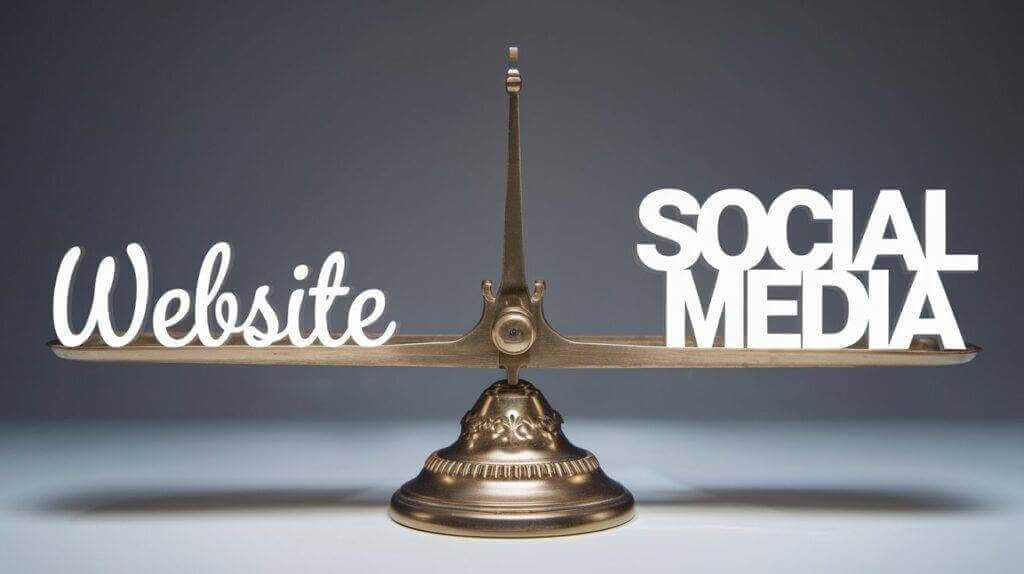
Can you run a business without a website? Yes.
Should you? In most cases, probably not.
A website is an investment in your business’s future.
It opens doors to growth and opportunities you might otherwise miss.
But don’t let perfectionism hold you back.
Start small if needed, and build from there.
Your future self (and your business) will thank you.
FAQ
How much does it cost to create a basic website?
The cost can vary widely, but you can create a simple website for as little as $100-$500 per year. This includes domain registration, hosting, and using a free website builder or WordPress theme. More complex sites or custom designs will increase the cost.
Can I use social media instead of a website?
While social media can be a great supplement, it shouldn’t completely replace a website. Social platforms have limitations in terms of customization, control, and SEO benefits. They’re also subject to algorithm changes that can affect your visibility.
How long does it take to create a basic website?
With modern website builders, you can set up a basic site in a day or two. However, for a more polished, professional result, plan on spending at least a week gathering content, choosing a design, and fine-tuning your site. Remember, your website can evolve over time – the important thing is to get started.
Do I need technical skills to create a website?
Not necessarily. Many website builders and content management systems (like WordPress) are designed for non-technical users. You can create a functional website using drag-and-drop interfaces and pre-made templates. That said, learning some basic HTML and CSS can be helpful for customization.
